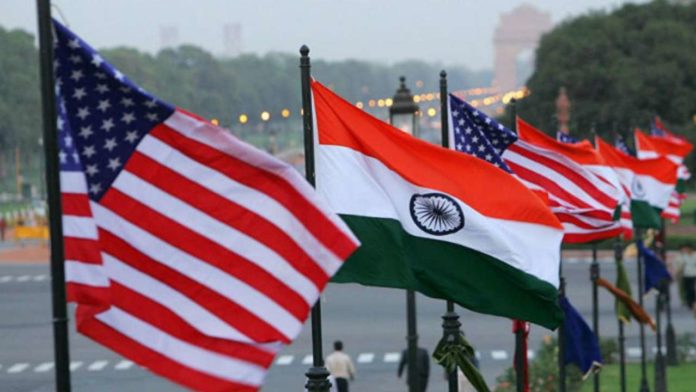New Delhi (NVI): The US Senate has condemned the Chinese aggression at the India-China border and Beijing’s use of military to change the status quo at the Line of Actual Control (LAC) while calling for a solution to the dispute through diplomatic channels.
US senators John Cornyn and Mark Warner introduced the resolution on the Senate floor last week, which has been sent to the Senate Foreign Relations Committee for consideration. Cornyn is the Republican Senate Majority Whip, while Warner is the ranking member of the Senate Select Committee on Intelligence.
This follows instances of Chinese military forces harassing Indian patrols as well as increased troop deployments and infrastructure construction in contested areas, the resolution, whose text was released yesterday, said.
“As a cofounder of the Senate India Caucus, I know firsthand the importance of a strong relationship between the United States and India,” said Senator Cornyn.
“I commend India’s commitment to standing up to China and maintaining a free and open Indo-Pacific. It is more important than ever that we support our Indian partners as they defend against Chinese aggression,” he added.
Cornyn further stated in the August 13 press statement that the June 15 violent clashes between Indian and Chinese troops in Galwan Valley in Eastern Ladakh near LAC “should set off alarm bells regarding the PRC’s provocative actions in disputed territory.” At least 20 Indian soldiers had lost their lives in the deadly face-off with PLA.
“This resolution condemns PRC’s actions to change the Line of Actual Control, especially in the midst of diplomatic negotiations between the two countries; and encourages the two nations to find a diplomatic resolution that restores the April 2020 status quo at the LAC,” the US senator added.
He has stated in the resolution that US has long enjoyed a partnership with India strengthened by shared democratic values. “That partnership only becomes more important as we work to ensure a free and open Indo-Pacific,” he told the Senate.
Tensions between India and China reached a new high after the Galwan Valley clashes and troops on both sides of LAC are on high alert since May 5. A series of military and diplomatic level talks have taken place after the situation deteriorated but a complete de-escalation and disengagement of troops along the McMahon line in the disputed Ladakh region has still not been reached.
-ARK








